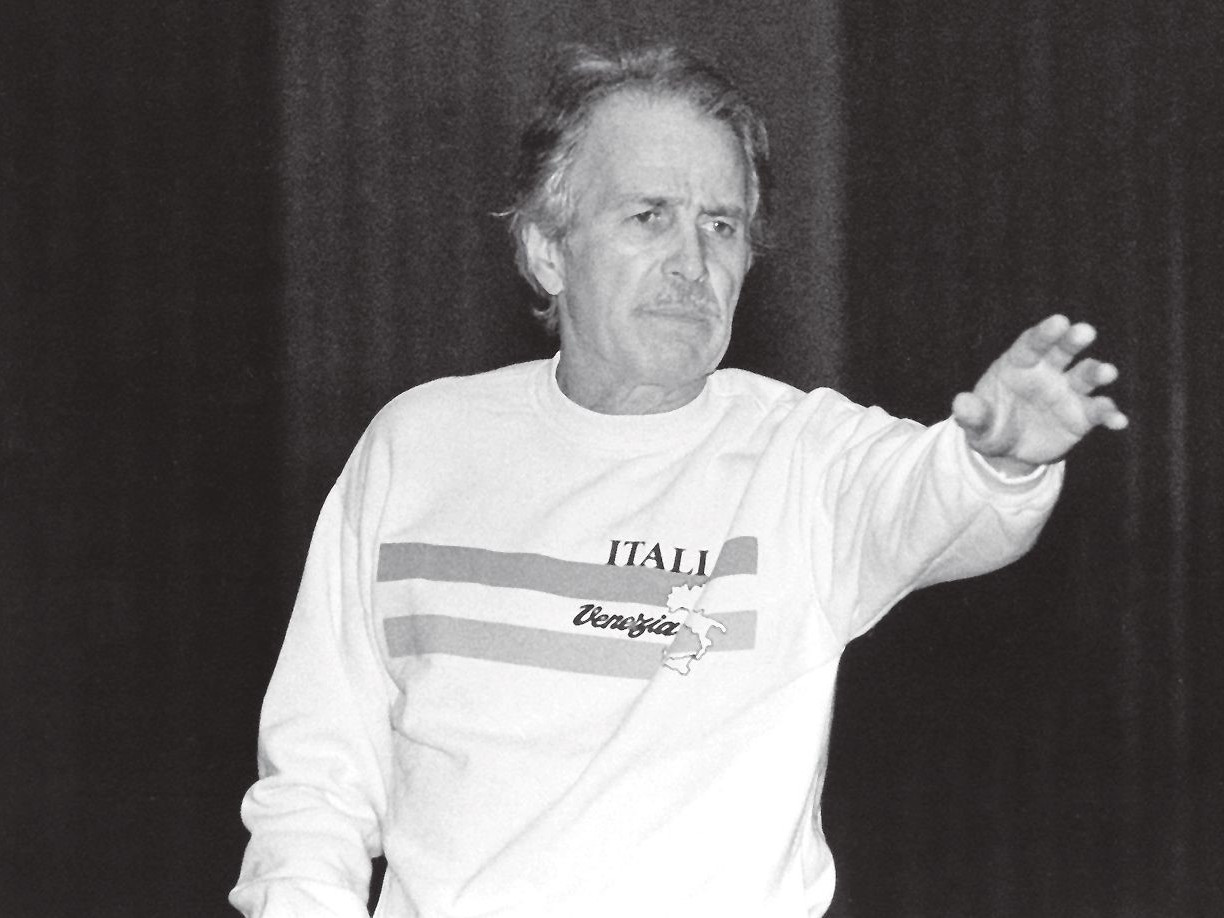
Gundaris Pone
(17.10.1932 - 15.03.1994 )
“The composer is at his most powerful when he is searching for his roots. I would recommend that Latvians clean their minds of foreign influences and begin a deep introspective view of themselves.”
Gundaris Pone
Gundaris Pone was born on October 17, 1932 in Riga, and spent his childhood in Liepāja, briefly in Saldus. He died on March 15, 1994 in New York. His father was a doctor, his mother a pianist and a graduate of the Latvian Conservatory. Beginning at age five, he studied violin with the Liepāja Orchestra first violinist Pāvils Zariņš. He began studies in Liepāja and then as a refugee in Germany, where he completed the Augsburg Latvian Secondary School. In 1950, the Pone family arrived in the United States. At the University of Minnesota, he studied violin and composition (he received his Bachelor’s Degree in composition and theory in 1954, his Master’s Degree in 1956, and, as of 1962, his PhD).
He was a professor of music theory and composition at the New York State University College at New Palz, New York from 1964 to 1994. He was a member of the Anton Webern internaional society of musicians (1964–1989). In 1966, he developed two new theories of composition - Action-Reaction. Paralipomena to a Genesis of Graphics and Form in Music, as well as Concepts of univalent and polyvalent structures and his incorporation of statistical methods and probability theory into musical composition. In 1966, with a contemporary music programme he debuted as a conductor at New York’s Carnegie Hall. He was the artistic director of the music festival Music in the Mountains. He was the leader of the contemporary music ensemble Pone Ensemble for New Music (1982–1994). He was the winner at many international composition competitions. This is confirmed by his seven first prize awards at varied international competitions (Trieste, Whitney, Hambata, J. Enescu, Fridheim awards)
Baiba Kurpniece © LMIC
